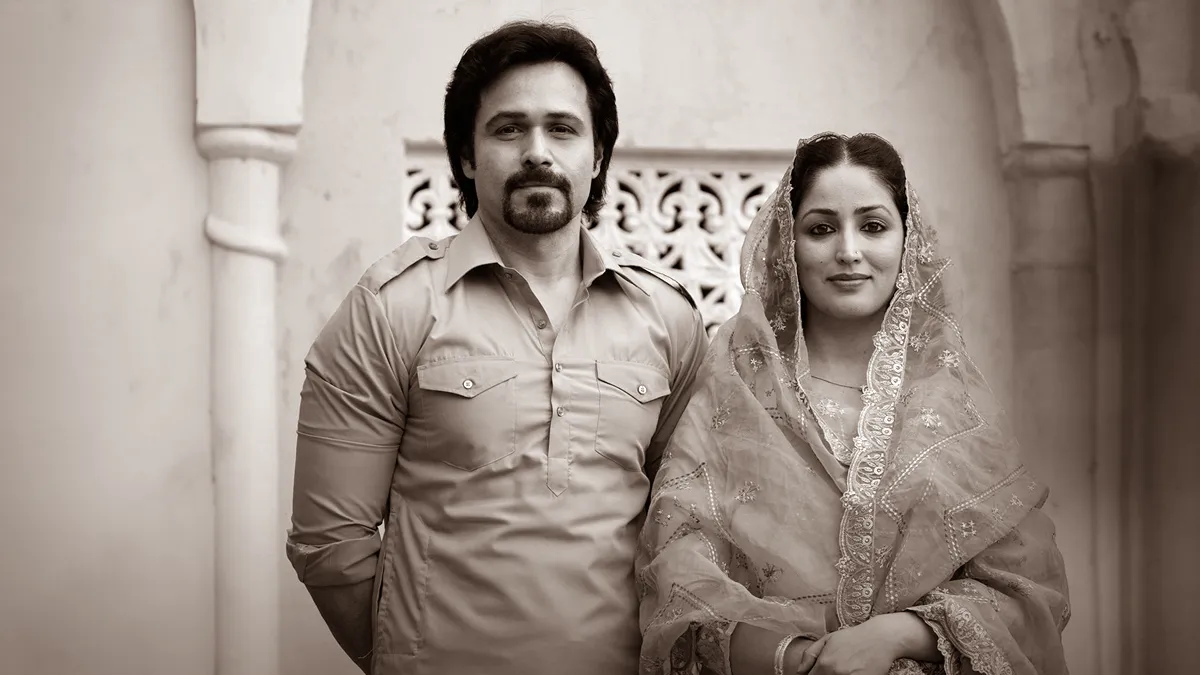
What Was the Shah Bano Case? The Story Behind Yami Gautam and Emraan Hashmi’s Haq
The upcoming film 'Haq' starring Yami Gautam and Emraan Hashmi promises to bring one of India's most significant legal battles to the big screen. Set to release on November 7, 2025, this courtroom drama draws inspiration from the landmark Shah Bano case of 1985, a legal milestone that sparked nationwide debates and continues to influence Indian jurisprudence today.
Directed by Suparn S Varma and produced by Junglee Pictures in association with Insomnia Films and Baweja Studios, 'Haq' tackles complex questions about justice, equality, and the balance between personal beliefs and secular law. But to understand the film's significance, we must first explore the real-life case that inspired it.
View this post on Instagram
What Was the Shah Bano Case?
The story begins in 1985 when a 62-year-old Muslim woman named Shah Bano found herself fighting for basic financial support after her divorce. Married for over four decades to Mohd Ahmed Khan, a successful lawyer from Indore, Shah Bano was divorced through talaq and subsequently denied regular maintenance by her former husband.
What started as a personal dispute between a divorced couple soon transformed into a constitutional crisis that would divide public opinion and challenge the very foundations of Indian law.
Shah Bano Case Legal Journey
Shah Bano's fight for justice began in the lower courts when she approached the legal system seeking maintenance under Section 125 of the Criminal Procedure Code. This secular law requires men to provide financial support to their former wives if they cannot maintain themselves independently.
1
2
3
4
The trial court initially ruled in her favour, a decision that was later supported by the High Court. However, her former husband refused to accept these rulings and took the matter to the Supreme Court, arguing that Muslim Personal Law only required him to provide maintenance during the brief iddat period of approximately three months following divorce.

Shah Bano Case: Supreme Court Verdict
In a groundbreaking judgment, the Supreme Court of India, led by Chief Justice YV Chandrachud, ruled decisively in favour of Shah Bano. The Court determined that Section 125 of the Criminal Procedure Code, being a secular law applicable to all Indian citizens regardless of religion, takes precedence over personal laws in maintenance matters.
The judgment emphasised that divorced Muslim women have the right to receive maintenance beyond the traditional iddat period if they cannot support themselves financially. This ruling was based on fundamental constitutional principles, particularly the Right to Equality under Article 14 and the Right to Life and Personal Liberty under Article 21.
Shah Bano Case: Political Controversy and Legislative Response
The Supreme Court's decision triggered intense political and social controversy across the nation. Conservative Muslim groups viewed the judgment as an attack on Islamic personal law and religious freedom. The backlash was so severe that it influenced national politics significantly.
Under mounting pressure from various quarters, the Rajiv Gandhi government passed the Muslim Women (Protection of Rights on Divorce) Act in 1986. This legislation attempted to limit the scope of the Shah Bano judgment by restricting a husband's maintenance obligations to the iddat period alone.

Why the Shah Bano Case Remains Relevant Today
Despite legislative attempts to dilute its impact, the Shah Bano case continues to resonate in contemporary India. The fundamental questions it raised about the Uniform Civil Code, women's rights, and the relationship between religious and secular law remain hotly debated topics.
The case paved the way for subsequent progressive judgments, including decisions that addressed triple talaq and other issues affecting Muslim women's rights. It highlighted the ongoing tension between individual rights and traditional religious practices.
Don't Miss: 8 Aryan Khan’s Savage Bollywood Easter Eggs You Missed in Bads Of Bollywood
About Haq
The film 'Haq' presents a fictionalised and dramatised version of these events, drawing from Jigna Vora's book 'Bano: Bharat ki Beti'. The movie promises to explore not just the legal aspects of the case but also the human emotions and societal pressures involved.
Starting as what appears to be a simple love story, the film gradually unveils the complex legal and social issues at stake. With Yami Gautam and Emraan Hashmi in leading roles, supported by talented actors like Sheeba Chaddha, Danish Hussain, and Aseem Hattangady, 'Haq' aims to present these weighty topics in an accessible and engaging format.
View this post on Instagram
The Continuing Debate: Personal Law vs Secular Law
The Shah Bano case brought into sharp focus questions that India continues to grapple with today. Should there be one uniform law for all citizens, or should personal religious laws be respected and preserved? How do we balance individual rights with community traditions? These questions remain as relevant now as they were nearly four decades ago.
Keep reading Herzindagi for more such stories.
Also watch this video
Herzindagi video
1
2
3
4